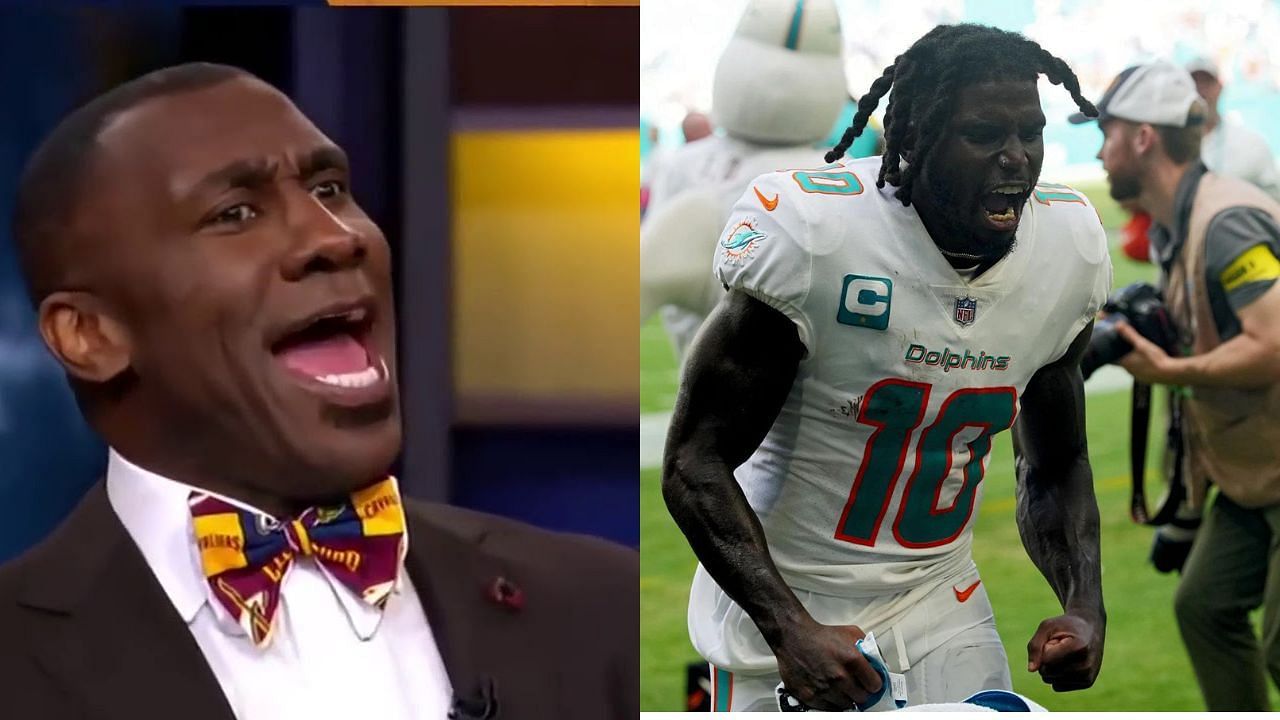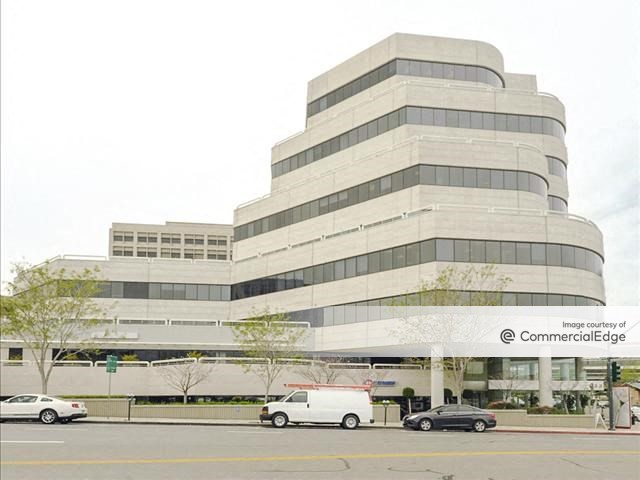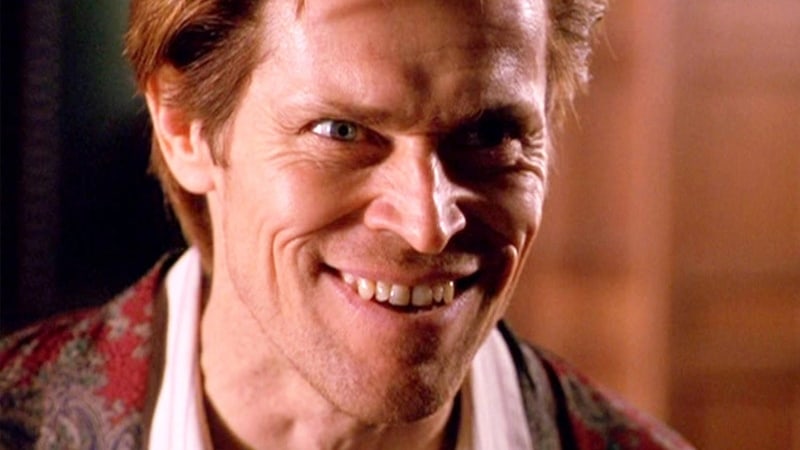The long-awaited video footage of Memphis police officers brutally assaulting Tyre Nichols is sickening. His death has shocked the senses and will set back recent hard-won gains in police-community relations and trust.
But could we — should we — not have foreseen this? Certainly wasn’t a case of “white supremacy” run amok. Unless a gang of Southern, African-American officers brutalizing a noncompliant African-American male meets the ever-evolving definition of “institutional racism.”
Could the relentless pursuit of “equity” — as “equality” is no longer the accepted standard — have contributed to this senseless loss of life? Equality aims for equal opportunity. Equity demands equal outcome. Not qualified for a position? Well, check enough boxes, we will adjust the required standard. That’s what appears to have occurred with some of the Memphis Five.
The Memphis Police Department swore in two, Tadarrius Bean and Demetrius Haley, in August 2020, two years after deciding to attract more minorities by lowering education requirements. It relaxed its rule that recruits have an associate’s degree or 54 college-credit hours — five years’ work experience and a promise to get an associate degree within four years of hiring were enough.
College isn’t always the determinant for credible policing, but it does ensure a higher level of maturity, judgment, discernment and reasoning.

Memphis has no one to blame for these officers’ shocking lack of professionalism and empathy but its own misguided “leveling of playing field.” Last year, the department further diluted its applicant pool by eliminating the timed physical-ability test and drastically lowering the required college credits from 54 to 24.
Like professional sports franchises, it felt compelled to offer $15,000 signing bonuses in 2020 and 2021. Most worrisome, it even offered waivers for felony convictions. All in the name of “equity.”
Police reformers have overreacted in typical reflexive fashion to Nichols’ death at the hands of cops. Activists will cheer their Pyrrhic victory in the disbanding of the SCORPION Unit (where the five fired officers were assigned). Such anti-crime units are instrumental in policing neighborhoods preyed upon by gangs and violence. In August 2020 — at the height of the George Floyd protests and riots — 81% of African Americans in a Gallup poll wanted the same or more police presence in their communities. Yet Democrats like Mayor Bill de Blasio, while recognizing the utility of the NYPD’s anti-crime unit he once praised, deactivate such units to appease the mob, as he did in June 2020.

We rightly demand better policing, yet 50% of police agencies were forced to lower their standards to attract applicants, per the International Association of Chiefs of Police.
This is an endemic problem, and it’s not contained to local police departments — the rot starts at the top, with the nation’s highest law-enforcement agency. The FBI I served for a quarter-century caved to diversity, equity and inclusion claptrap as early as the late 1980s.
I received notice May 31, 1989, I passed the Special Agent Selection System test and was cleared to continue the applicant process. As a West Point graduate and Army officer, I had scored 35.53. Didn’t understand what that meant at the time, but relieved to move forward. Entered on duty Feb. 10, 1991, part of a diverse class well represented by women, African Americans and Hispanics. Little did I know that I — as a white male — had to score higher to be admitted to the FBI Academy.

I graduated from a majority-minority elementary and high school in Decatur, Ga. Grew up in an African-American neighborhood. But, alas, my “privilege” required I be treated differently from my professional colleagues entering the FBI.
Eighteen days after I graduated the academy, a Washington Post piece titled “Agents Say FBI has Adopted Hiring, Promotion Quotas” ran. The bureau’s equal-opportunity officer, James Perez, acknowledged that “the minimum passing score on a written test is three points lower for minority and female applicants than it is for white males.” The article also allowed, “Other agents claim female and minority applicants get a two-point boost on interviews, allowing them a total advantage of five points out of 100 over white males with no special qualifications.” Hugo Rodriguez, a former agent and an applicant recruiter from 1978 to 1987, decried bureau hiring policies as a “quota system.”
President George H.W. Bush gave what one reporter called a “quota-bashing speech” at my May 30, 1991, FBI Academy graduation. Don’t believe any of us elated to receive our badge and credentials from a sitting president viewed it that way. But years later, when someone shared that News Tribune article with me, I was shocked to learn that amongst my class of equals, “blacks, other minorities, and women pass the FBI hiring tests when they score 31.4 out of a possible 45; white male recruits must score at least 34 points.”
While a CNN law-enforcement analyst between 2017 and 2021, I asked the FBI’s Human Resources Department and Public Affairs Office for any details regarding the agency’s quota system dating back to the 1980s. While polite and professional, no one in either office could provide me any “available data.” As I recall the telephone conversations, it was summed up as: “We simply don’t have that data at hand anymore.”
Wonder why half of Americans distrust the FBI and why police professionalism in some enclaves is regressing? Look no further than diversity, equity and inclusion. It was never about equal opportunity — it was always about equal outcomes.
The spirit of Tyre Nichols would like a word.
James A. Gagliano is a retired FBI supervisory special agent and doctoral candidate in homeland security at St. John’s University. He serves on the board of directors for the Law Enforcement Legal Defense Fund.















